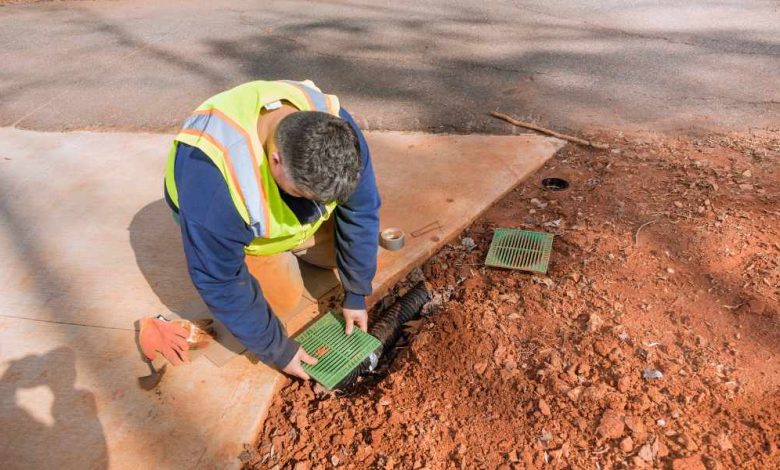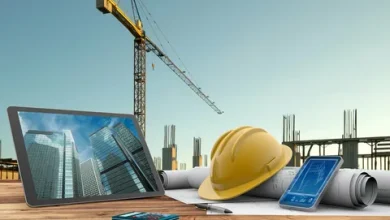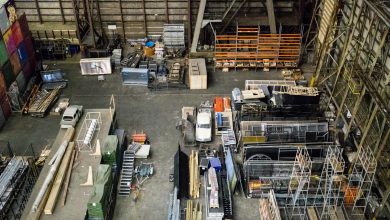DIY Tips for Regenpijp Ontstoppen: Clearing Drainage Pipes
DIY Tips for Regenpijp Ontstoppen: Clearing Drainage Pipes

Drainage pipes play a crucial role in ensuring proper wastewater management in our homes. However, over time, these pipes can become clogged due to various reasons, leading to issues like slow drainage, foul odors, and even sewage backup. In this article, we’ll explore some DIY tips for regenpijp ontstoppen (unclogging drainage pipes) to help you tackle this common household problem effectively.
Understanding Drainage Pipes
Importance of Drainage Pipes
Drainage pipes are essential components of any plumbing system, responsible for carrying wastewater away from our homes. Without proper drainage, wastewater would accumulate, leading to unsanitary conditions and potential damage to the property.
Common Issues with Drainage Pipes
Over time, drainage pipes can become clogged due to a buildup of various substances such as grease, hair, food particles, and even tree roots. This buildup restricts the flow of water, resulting in slow drainage and potential blockages.
DIY Methods for Unclogging Drainage Pipes
Identifying the Problem
Before attempting to unclog a drainage pipe, it’s essential to identify the location and cause of the blockage. Common signs of a clogged drain include slow drainage, gurgling noises, foul odors, and water backups.
Tools Needed
To unclog a drainage pipe effectively, you’ll need a few basic tools:
- Plunger
- Drain snake or auger
- Baking soda and vinegar
- Boiling water
Step-by-Step Instructions for Unclogging
- Plunge: Start by using a plunger to create suction and dislodge the blockage. Place the plunger over the drain opening, ensuring a tight seal, and rapidly push and pull to force the blockage out.
- Use a Drain Snake or Auger: If plunging doesn’t work, use a drain snake or auger to break up and remove the clog. Insert the snake into the drain until you feel resistance, then rotate it to break up the blockage.
- Chemical Drain Cleaner: If the clog persists, you can try using a chemical drain cleaner. However, use these products with caution and follow the manufacturer’s instructions carefully to avoid damaging the pipes or harming the environment.
- Natural Remedies: Alternatively, you can try using natural remedies like baking soda and vinegar to dissolve the clog. Pour a mixture of baking soda and vinegar down the drain, followed by boiling water to flush out the blockage.
Preventive Measures to Avoid Clogging
Regular Maintenance
To prevent future clogs, it’s essential to maintain your drainage pipes regularly. This includes flushing them with hot water periodically and avoiding the disposal of grease, oil, and other substances down the drain.
Avoiding Certain Materials
Certain materials, such as paper towels, feminine hygiene products, and coffee grounds, should never be flushed down the drain as they can contribute to clogs. Dispose of these items properly to avoid potential issues.
When to Call a Professional
Signs of Severe Clogging
If you notice signs of severe clogging, such as multiple drains backing up simultaneously or sewage odors emanating from the drains, it’s time to call a professional plumber. These issues may indicate a more significant problem with your plumbing system that requires professional attention.
When DIY Methods Fail
If you’ve tried DIY methods but haven’t been able to unclog the drain successfully, don’t hesitate to seek help from a professional plumber. They have the expertise and specialized tools necessary to diagnose and resolve complex drainage issues effectively.
- Regular Inspections: Schedule regular inspections of your drainage pipes to catch any potential issues early on. Look for signs of corrosion, leaks, or blockages, and address them promptly to prevent further damage.
- Proper Disposal of Waste: Dispose of waste properly to avoid clogging your drainage pipes. Avoid flushing items like paper towels, sanitary products, and diapers down the toilet, as they can contribute to blockages.
- Professional Maintenance: Consider hiring a professional plumber for routine maintenance of your drainage system. They can perform thorough inspections, clean your pipes professionally, and provide recommendations for preventing future issues. Investing in professional maintenance can save you time and money in the long run by avoiding costly repairs.
Conclusion
Dealing with clogged drainage pipes can be a frustrating experience, but with the right tools and techniques, you can effectively unclog them and prevent future issues. By following the DIY tips outlined in this article and practicing regular maintenance, you can keep your drainage system flowing smoothly and avoid costly repairs.




